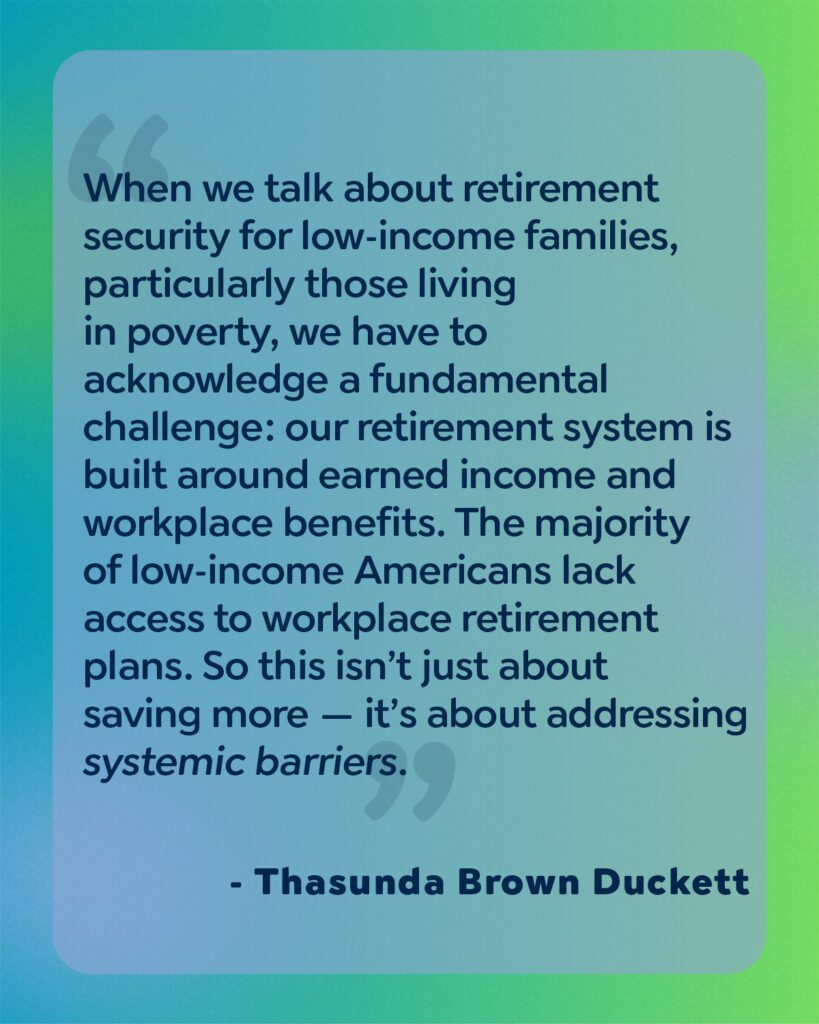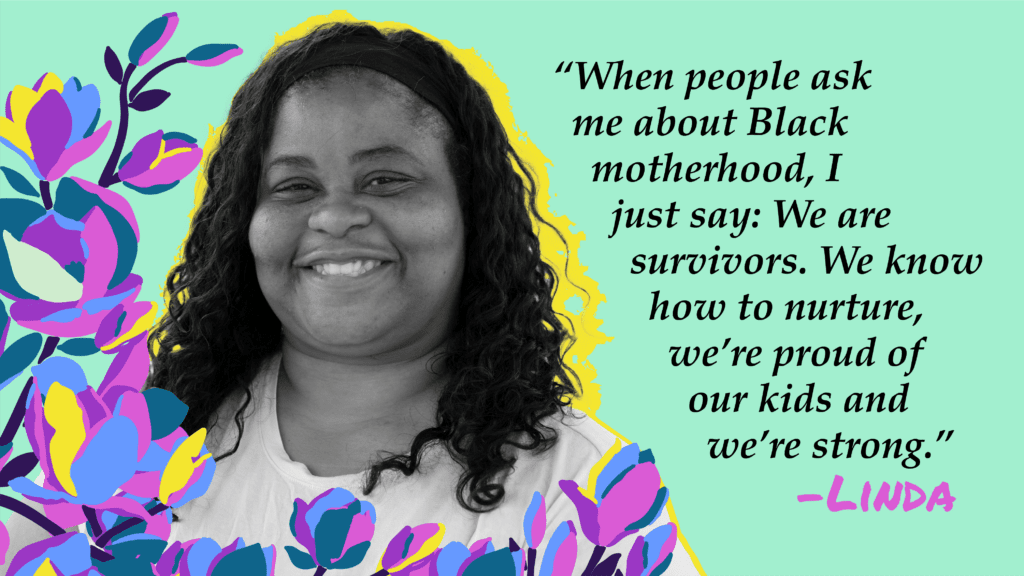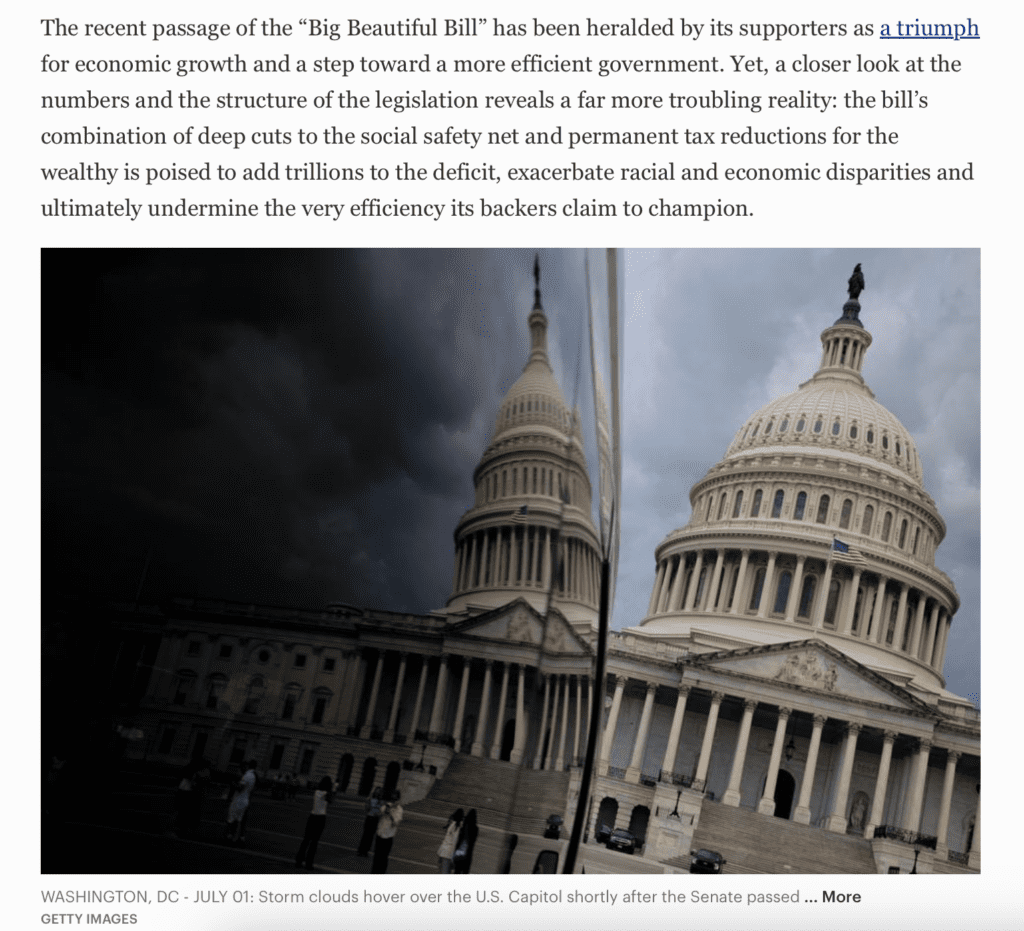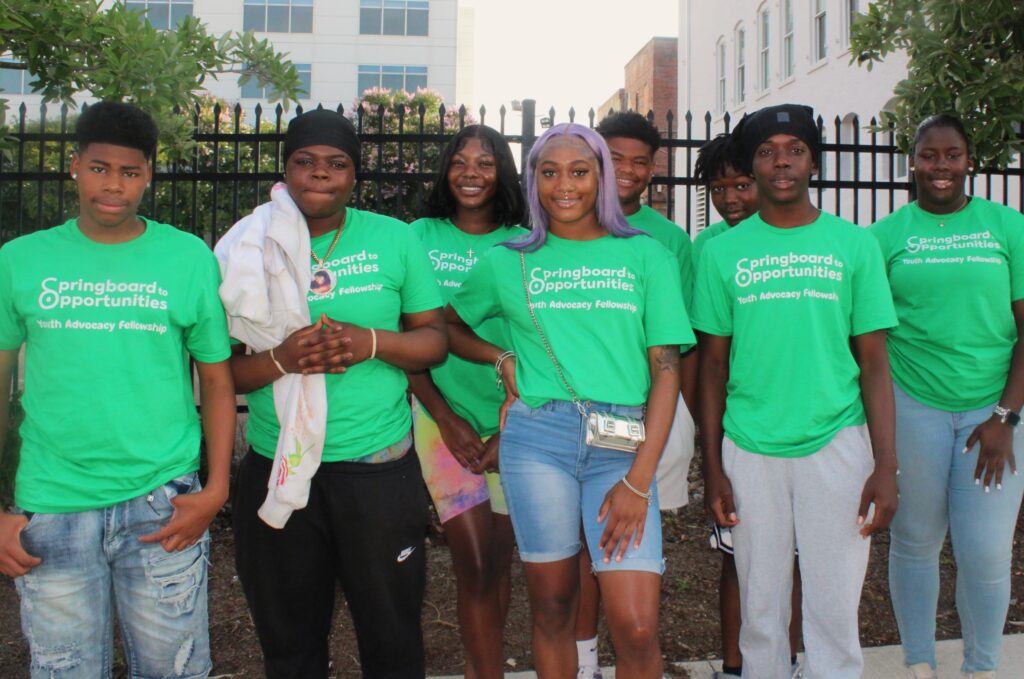How Empathy and Innovation Can Close the Retirement Gap, Breaking Barriers to Retirement Security for Every American

When it comes to building wealth and security in America, too many families — especially those living paycheck to paycheck — are left out of the conversation. For low-income households, retirement planning often feels like a distant luxury, and the pathways to financial empowerment can seem inaccessible. In this candid Forbes Q&A, I speak to Thasunda Brown Duckett, President and CEO of TIAA and one of just two Black women to helm a Fortune 500 company currently, to discuss the systemic barriers that keep millions from building a secure future and to share actionable strategies for closing the retirement gap. Our conversation offers insights and practical advice for individuals, organizations, and policymakers committed to making retirement security a reality for all Americans.




